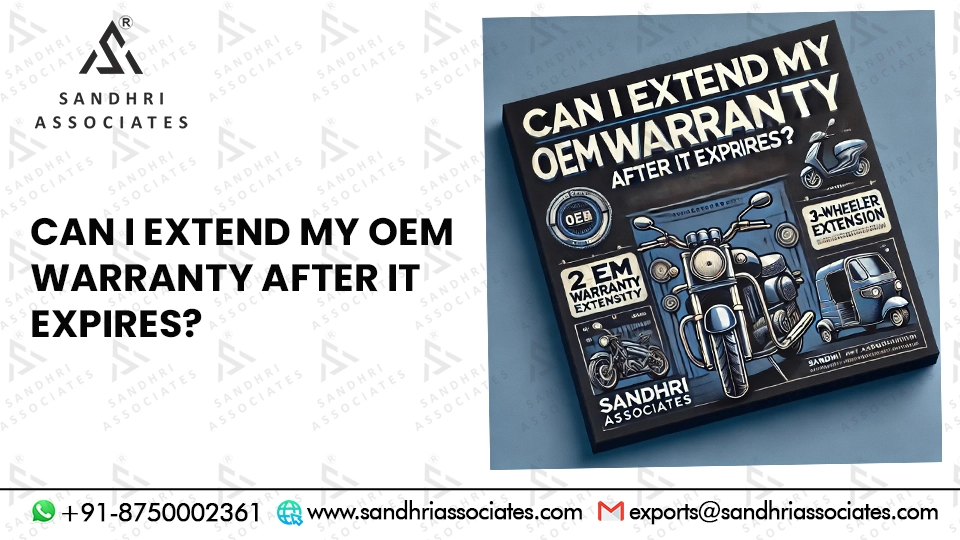What Should I Do If My OEM Warranty Claim Is Denied?
Introduction
OEM (Original Equipment Manufacturer) warranties are designed to cover vehicle defects and malfunctions, but what happens if your claim is denied? Many vehicle owners face this frustrating situation due to technicalities, miscommunication, or improper documentation. In this article, we will explore common reasons for denial and the steps you can take to dispute the decision.
Common Reasons Why OEM Warranty Claims Get Denied
Understanding why claims are denied can help prevent issues in the future. Here are the most common reasons:
- Insufficient Maintenance Records: If you haven’t followed the manufacturer’s recommended maintenance schedule, your claim may be rejected.
- Use of Aftermarket Parts: Some warranties specify that only OEM parts can be used for repairs.
- Unauthorized Repairs: Getting work done at an unapproved repair shop could void warranty coverage.
- Wear-and-Tear Exclusions: Many warranties exclude components that naturally degrade over time, such as brake pads and tires.
- Exceeding the Warranty Period: If the claim is made after the warranty has expired, it will not be honored.
- Damage from Accidents or Misuse: If the failure is linked to an accident, off-road use, or modifications, the claim may be denied.
Steps to Take If Your OEM Warranty Claim Is Denied
1. Review Your Warranty Terms
Carefully read your warranty policy to verify whether the claim should be covered. Sometimes, misunderstandings arise due to lack of clarity about what is included.
2. Request a Written Explanation
Ask the dealership or manufacturer for a written statement outlining the reason for the denial. This documentation can help you challenge the decision.
3. Gather Supporting Evidence
Collect all maintenance records, repair invoices, and service receipts to prove that your vehicle has been properly maintained according to manufacturer requirements.
4. Contact the Manufacturer Directly
If the dealership denies your claim, escalate the issue by reaching out to the manufacturer’s customer service department. They may overturn the decision upon further review.
5. File an Appeal
Many manufacturers allow customers to appeal denied warranty claims. Follow the formal appeal process and submit all necessary documentation.
6. Consider a Third-Party Inspection
If you believe your claim was unfairly denied, you can request an independent inspection to assess the issue. Some warranty disputes have been resolved this way.
7. Seek Legal Advice
If all else fails, you may consider consulting a consumer protection lawyer or filing a complaint with the Federal Trade Commission (FTC) or Better Business Bureau (BBB).
Trends and Challenges in OEM Warranty Coverage
- More Stringent Warranty Policies: Some manufacturers are becoming stricter with claims due to rising repair costs.
- Increase in Digital Warranty Tracking: More companies now require electronic service records for claim validation.
- Electric Vehicles (EVs) and Warranty Adjustments: EV warranties often have separate conditions for battery coverage.
How Sandhri Associates Helps with OEM Warranty-Related Issues
Sandhri Associates assists customers by:
- Providing Genuine OEM Spare Parts: Ensuring compliance with manufacturer warranty requirements.
- Expert Guidance: Helping customers understand their warranty policies and avoid claim denials.
- Cost-Effective Aftermarket Solutions: Offering high-quality replacement parts for out-of-warranty repairs.
Actionable Tips to Prevent Warranty Claim Denials
- Follow the manufacturer’s maintenance schedule and keep detailed service records.
- Use only authorized service centers for warranty-related repairs.
- Confirm that replacement parts meet OEM standards before installation.
- Report vehicle issues as soon as they arise to avoid worsening conditions.
Conclusion
Having an OEM warranty claim denied can be frustrating, but understanding your coverage and following the right steps can increase your chances of approval. If you need high-quality OEM spare parts or expert advice, Sandhri Associates is here to help.
Frequently Asked Questions (FAQs)
1. Can I appeal a denied OEM warranty claim?
Yes, most manufacturers allow appeals if you provide additional evidence supporting your claim.
2. What should I do if my dealership refuses to process my claim?
Contact the manufacturer’s customer service department or escalate the issue to a consumer protection agency.
3. Does using aftermarket parts void my OEM warranty?
Not always. Under the Magnuson-Moss Warranty Act, a manufacturer cannot void your warranty unless the aftermarket part directly causes the failure.
4. How long does an OEM warranty appeal process take?
It varies, but most appeals are reviewed within a few weeks to a couple of months.
5. Can I get an independent mechanic to verify my claim?
Yes, a third-party inspection may help support your case if you believe the denial was unfair.

